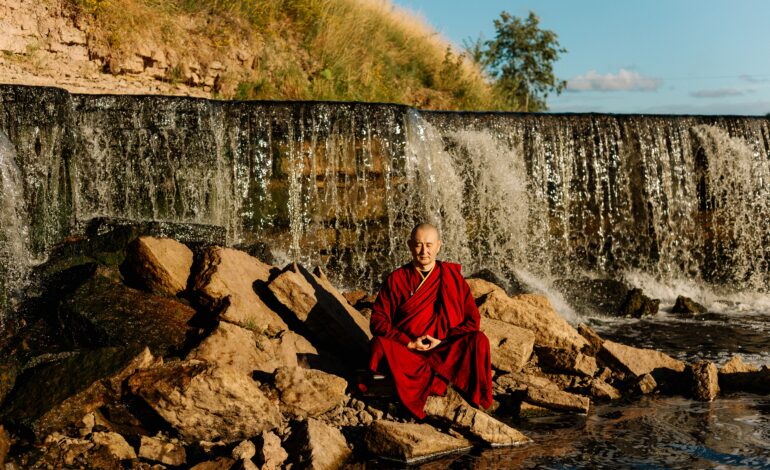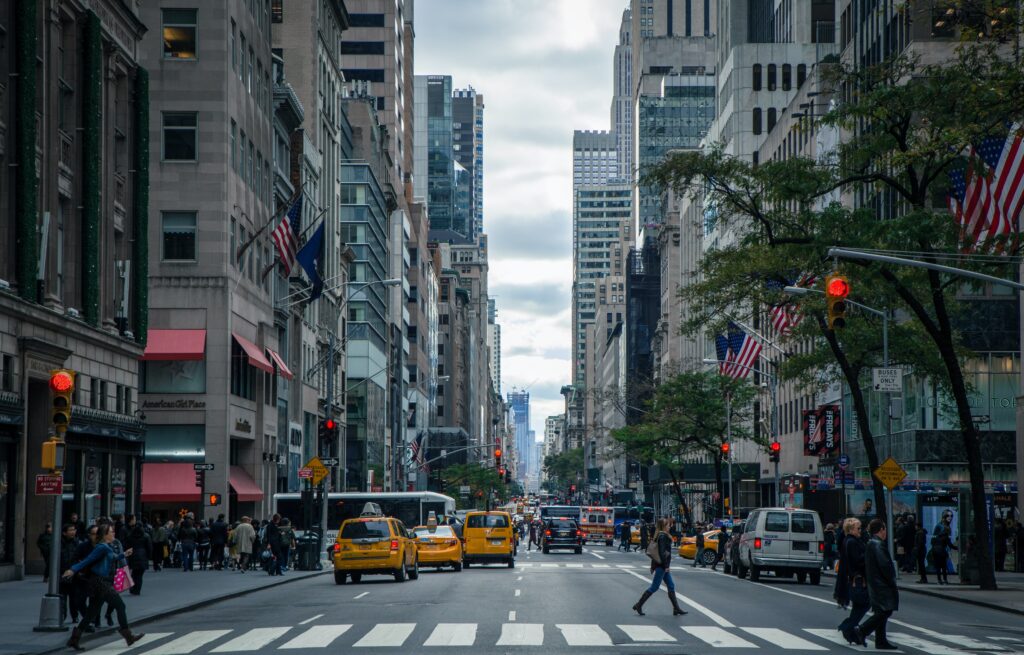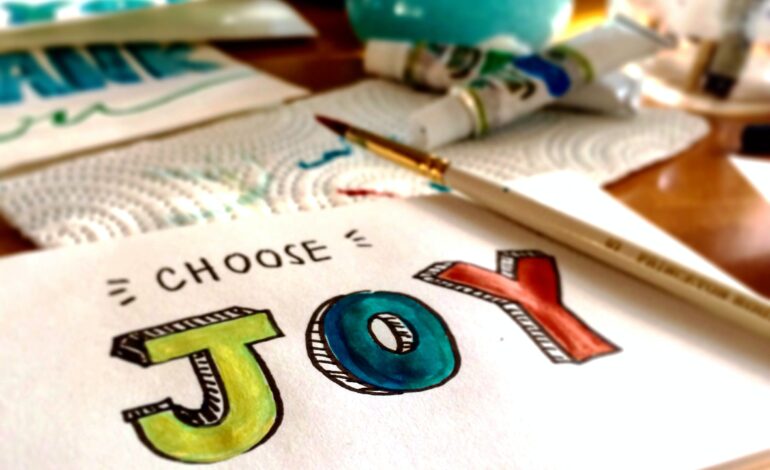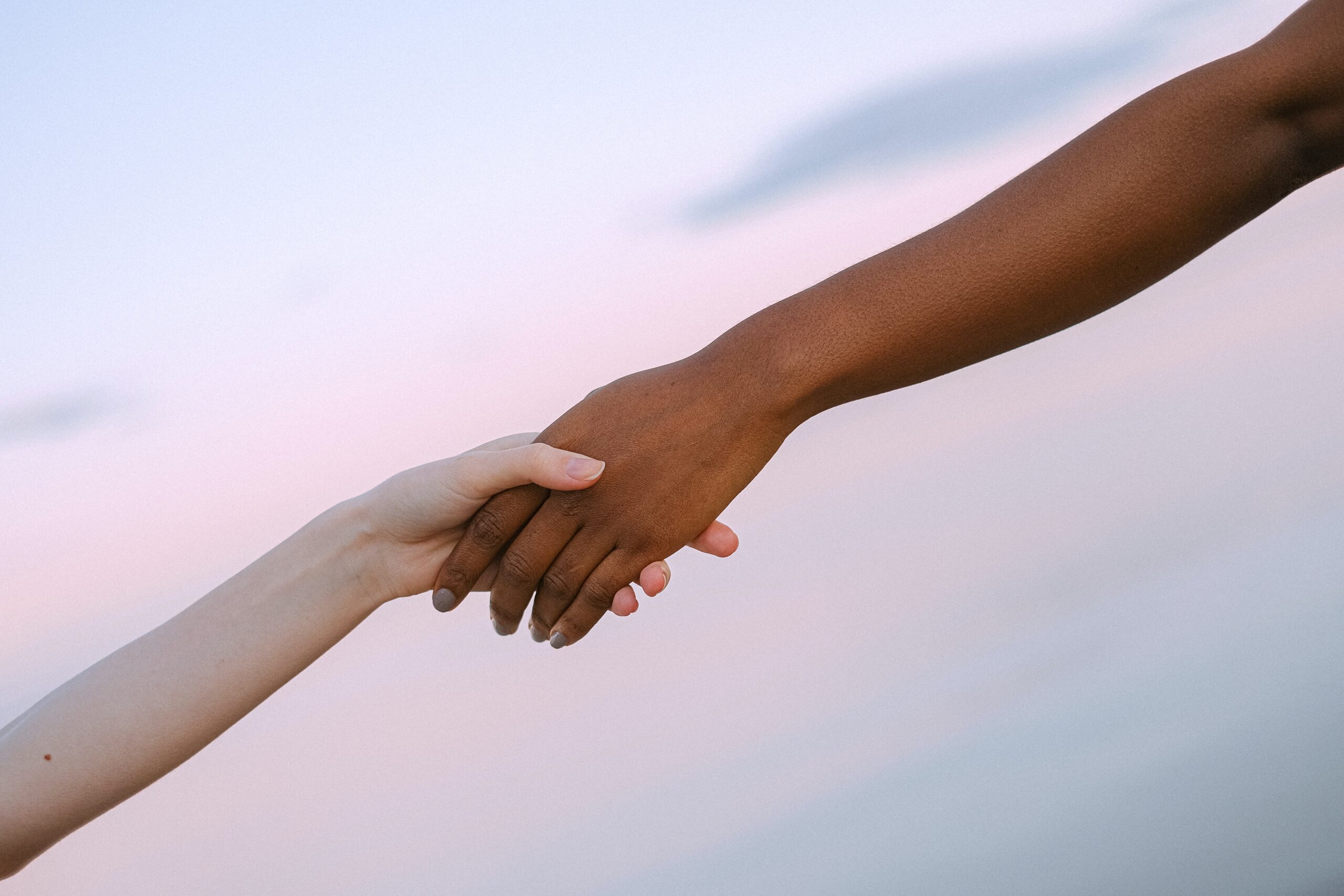
Karma is an ancient concept, and one that has been debated by philosophers and theologians for centuries. The word karma comes from a Sanskrit term meaning “action” or “deed.” As such, it is often thought of as something that happens to you, but in reality it’s more accurate to say that karma is something you create. Karma exists in the cycle of cause and effect—or action and reaction—that we see throughout the universe. This cycle includes our thoughts as well as our actions; every thought has consequences just like every action does.
Karma Is The Result Of All Actions
Every action has a result, according to the law of karma. It is a natural law, not a punishment, that determines how we react to the situations in our life. This means that, whether you like it or not, the consequences of your past choices will continue to play out in your life exactly as they did before.
When you understand this theory, you can make changes in your life that will make tragedies less devastating than they may have been before you changed things up!
“When you truly understand karma, then you realize you are responsible for everything in your life.”
The Cycle Of Karma
Karma is not something you can escape or avoid; it is a universal principle that cannot be avoided or ignored, no matter how hard you try to avoid it by running and hiding in your room all day, locking yourself in there until you die so you don’t have to confront what happened yesterday.
That’s not how it works! You will still have to face karma at some point because it’s everywhere: in every moment we live through our actions are being judged under this law written into existence by God Himself (if we’re talking about Vishnu).
Karma is the law of cause and effect. It is the law of action and reaction. It is the law of action and consequence.

Becoming A Karmic Being
Karma can be a powerful source of growth. If you are aware of your actions, you will be able to learn from them and become more aware.
This is why karma is not a punishment—it’s simply a natural consequence of our actions. The more aware we become, the less likely we are to repeat our mistakes or make new ones that cause harm to ourselves or others.
People pay for what they do, and, still more, for what they have allowed themselves to become. And they pay for it simply: by the lives they lead.
The karma cycle isn’t always so obvious; there are numerous ways in which karma might influence us if we choose not to act on what we know about it.
Creating New Karma
Good Karma – The first step to creating new karma is to do something good. The more good things you do, the more good karma you will create.
Bad Karma – The second way to create new karma is by doing bad things. If you commit a crime or lie to someone, this is considered “bad” and your actions will affect your future in one way or another.
Your Words: It’s easy to forget of how much influence our words have on others and on ourselves! When talking to someone who is going through a difficult time or simply not having a good day (or week), choose your words carefully since they can either lift them up or bring them down even lower!
Nurturing Karma
In order to break the cycle of karma and change your future, you must be mindful in all that you do. Self-awareness will help you better understand the consequences of your actions, which in turn empowers you to make choices that will benefit yourself and others.
Another way to develop mindfulness is by being aware of the cycle of karma as it unfolds in your life. You may have experienced a time where everything seemed to fall apart at once: a breakup, loss of a job or home, an illness or injury—the list goes on and on. This type of situation can make it difficult for us to understand how our lives are affected by our choices; however, if we look closely enough at each situation individually we can see how each event was triggered by another choice made earlier in life (and often long before).
Seeing the bigger picture can help prevent us from making poor decisions because we know what might happen if we do make those choices (we’ve learned from previous experiences)

Through mindfulness and self-awareness, a person can break the cycle of karma
To break the karma cycle, you must be aware of your choices and their effects. You must be self-aware enough to identify negative behavior and make the decision to stop it before it becomes habitual or unconscious.
When you are aware of your thoughts and feelings, you will notice when they are out of sync with who you want to be. This often requires that we take a step back from our situation and view it from another perspective so that we may see how our actions have caused suffering for ourselves or others in the past.
For example, if someone is feeling guilty about something they did earlier in life (even if they weren’t aware at the time), this can lead them down a path where they continue making similar mistakes over and over again because they don’t realize how much harm their behavior causes both themselves as well as those around them – including themselves later on down the line when karma catches up!
Karma is a powerful force in the universe, and it has its own magnificence. Mindfulness, which allows us to see our acts and their impact on others, is vital for breaking the cycle of karma. We are all karmic beings, but we may choose to live in accordance with this law by making conscious decisions about how we connect with each other.









